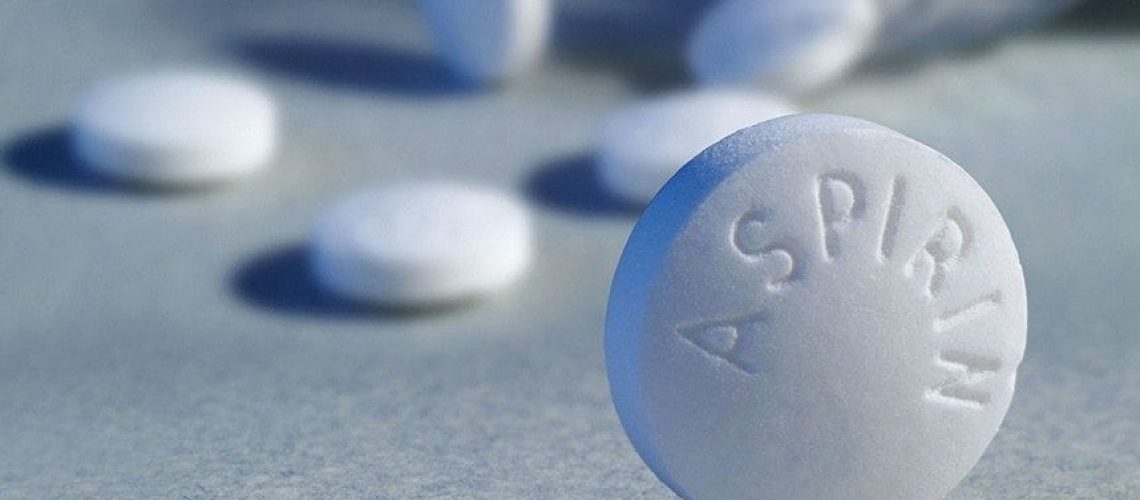A meta-analysis in JAMA offers clinicians more evidence on the benefits and harms of aspirin for the primary prevention of cardiovascular (CV) disease.
Researchers examined 13 studies in which nearly 165,000 adults without CV disease were randomized to receive daily aspirin or no aspirin. The analysis included three recent, highly publicized studies that suggested more harm than benefit from aspirin for primary prevention.
Overall, during a median 5 years’ follow-up, aaspirin use was associated with a lower risk of cardiovascular events, defined as cardiovascular death, nonfatal myocardial infarction, and nonfatal stroke (hazard ratio [HR], 0.89; absolute risk reduction, 0.38%) and an increased risk of major bleeding (HR, 1.43; absolute risk increase, 0.47%). The researchers estimated that 265 patients would need to be treated to prevent one CV event — and 210 to cause one bleeding event.
Read the article here.
Source: NEJM Journal Watch & JAMA
